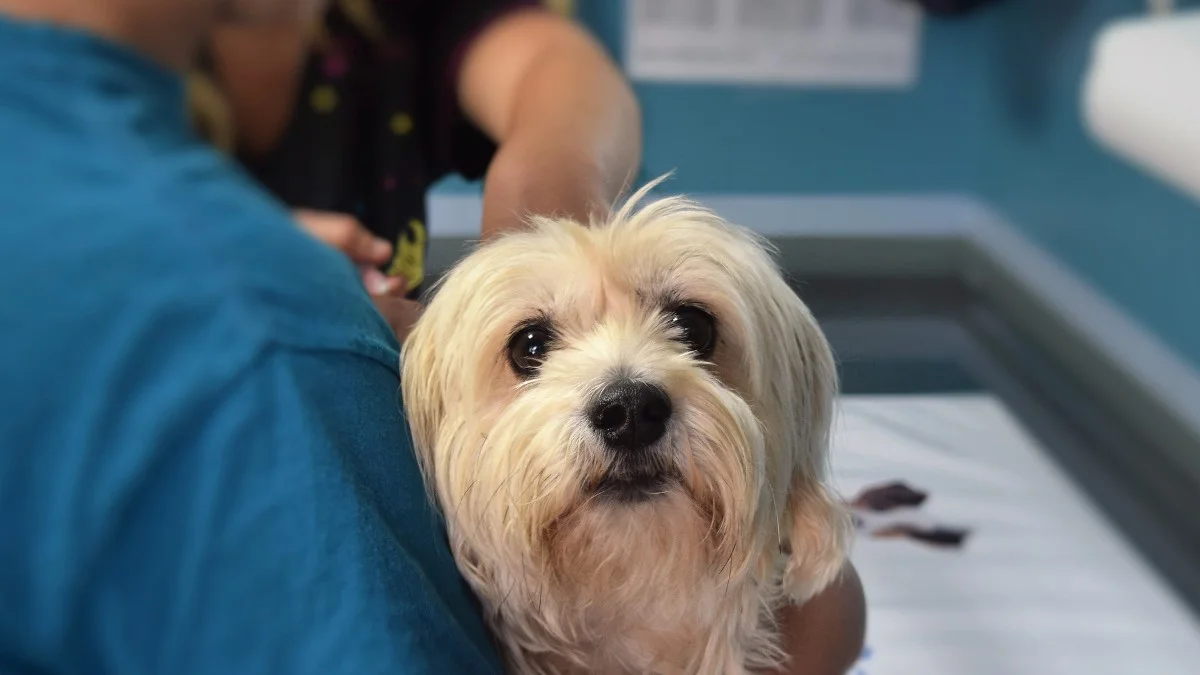
Vets call for new measures to prevent UK importing dog disease
Trade associations representing vets are calling for the urgent introduction of stringent new measures to prevent Britain importing Brucella canis, a canine disease that can be fatal in dogs and can also infect humans.
The British Veterinary Association (BVA), along with the British Small Animal Veterinary Association (BSAVA), Society for Practicing Veterinary Surgeons (SPVS) and British Veterinary Nursing Association (BVNA), is calling for the government to:
- Restrict the movement of dogs from countries that are endemic for diseases not currently considered endemic in the UK, after carrying out an appropriate risk assessment to determine for which countries and diseases testing should be implemented.
- Introduce appropriate testing for any relevant diseases as a mandatory requirement for dogs before travel to the UK.
- Improve border controls and increase enforcement to prevent the importation of puppies and pregnant bitches. This would further reduce the risk of B. canis entering the UK as there is a heightened risk of transmission associated with pregnancy and abortion, and it would improve pre-import testing, since test results in younger dogs may be less reliable.
BVA President Anna Judson said: “Vets are seriously concerned about the lack of adequate checks for potentially zoonotic diseases entering the country via imported dogs.
“Brucella canis is not currently considered to be widespread in the UK, so a proactive approach with an emphasis on reducing the risk of this and other worrying exotic diseases being brought into the UK is crucial.”
She added: “By taking proactive measures to minimise its introduction, we can better protect the health and welfare of the UK dog population and minimise the challenges of dealing with suspected cases once they have already reached our shores.”
The move comes after data published by the government shows that B. canis cases have jumped from just three before 2020 to 240 in the past three years. Most dogs affected were either imported, had returned from holiday overseas, or were bred with an imported dog.
In 2022, news also emerged of the first UK case of dog-to-human transmission, underlining the risks to those handling and treating infected dogs and raising levels of concern within veterinary teams, despite this being relatively low.
In response, a Defra spokesman told the Express: “We take the risks posed by Brucella canis very seriously – which is why all cases must be reported to the Animal and Plant Health Agency and we strongly recommend prospective owners ensure dogs imported from regions where this disease is present are tested before arrival.
“We continue to work closely with the veterinary sector – including the British Veterinary Association – to monitor the situation and minimise the risks posed. We will carefully consider this report’s recommendations.”



